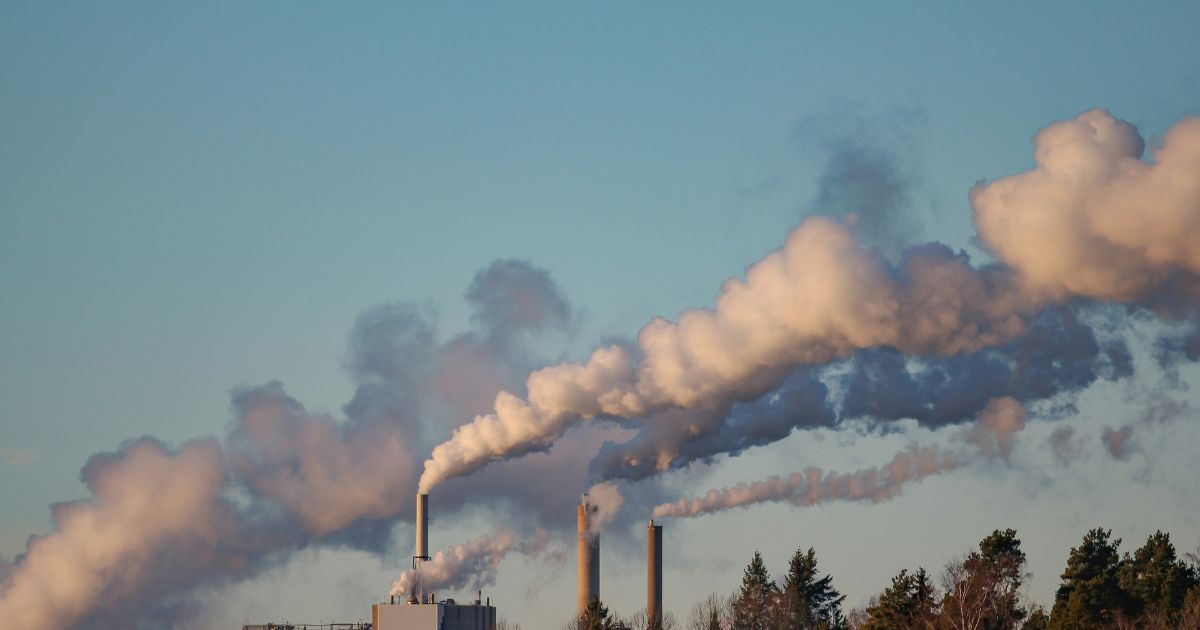Police showered protesters with tear gas, and many demonstrators and riot police were wounded in the southern Tunisian city of Gabes when thousands of protesters marched on 15th October to decry deteriorating air pollution from a plant that processes phosphate.
The protest turned violent against police who were trying to push protesters towards the plant in an industrial complex, a militarized zone. Gabes is home to over 400,000 residents and is at the centre of Tunisia’s phosphate industry, one of the country’s main sources of export earnings in North Africa.
Wednesday’s demonstrations were the most recent following a gas leak from near the state-run Chemical Group of Tunisia industrial complex. The leak put dozens of residents, including children, into hospitals in recent weeks, the environmental activist group “Stop Pollution” said.
The leak rekindled decades-old outrage in the coastal metropolis, where residents attribute over half a century of industrial production to an increase in cancer cases, respiratory disease, and the breakdown of the formerly thriving and distinctive ecosystem of the region.
By Wednesday evening, clouds of tear gas, ablaze tires, and trash bins lined the streets as protesters occupied central roads and chanted slogans against what they termed “environmental crimes.” Most called for the GCT to be dissolved and its phosphate factories closed, which they blamed for poisoning Gabes slowly.
The city’s chemical plant converts raw phosphate into fertilizer, a process that over the years has poured poisonous waste directly into the Gulf of Gabes. Conservationists claim the pollution has killed off sea life, turned the water black, and driven generations of fishermen out of business.
Successive governments in Tunisia have vowed to close or upgrade the plant, but environmental campaigners say those promises have been repeatedly broken.
Tunisia’s National Observatory for Agriculture has consistently reported air quality in some areas of Gabes to be above levels established by the World Health Organization.
Environmental specialists consistently pointed out the recurrent high concentrations of sulfur dioxide and ammonia in the air, toxins that damage lungs and contribute to acid rain.
“Everything in our lives has been destroyed because of the odors and fumes we breathe day after day,” explained 30-year-old Hanen, who refused to give her last name for fear of being singled out.
Standing on the outskirts of Wednesday’s demonstration, she explained to The Associated Press that tensions ran hot in the weeks leading up to the new gas leak, which created a ripple of fear throughout the community.
“They didn’t tell us why people were falling ill, even children were hospitalized, and some got paralysis,” she explained. “They ignored our concerns and insulted us as liars, and that made people furious … We want this complex torn down, and we will not rest until it is done.”
The GCT admitted “major non-conformities” in its operations in a July 2025 environmental audit, citing high levels of ammonia and other emissions below global environmental standards. Even after the company’s admission, however, the government and even Tunisian President Kais Saied, residents say no visible action has been taken.
Saied stated in a statement this week that he instructed the establishment of an emergency joint commission to respond to the demands of the protesters.
Severe failures were identified in testing and maintenance that resulted in gas leaks. There will be no tolerance for the fact that people who are responsible have neglected their work,” Saied said. “The Gabes people will have their full rights.




